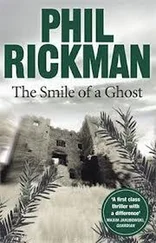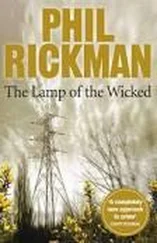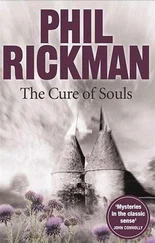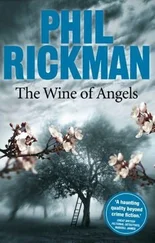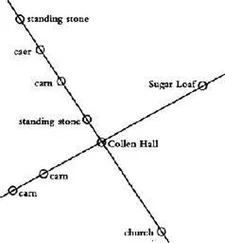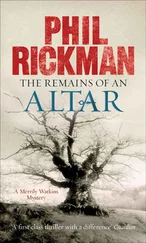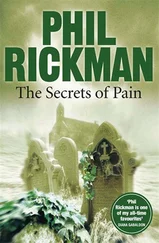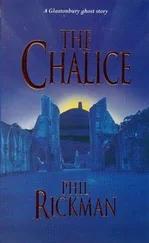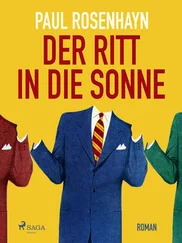The river lay brown and morose under dour cloud, wherries busy, as I waited at the top of the stone steps. A black barge was moored where the beer had been loaded yesterday, several men sitting in it as if waiting for cargo. But the river traffic was nearly all London-bound. No sign of flags or the glint of helm and pike blade. Nor, I guessed, would there be.
My poor mother. I looked back towards the house, my only home now, and thought I marked her face, all blurred in the window of her parlour. River water lay in shallow pools around the stilts supporting the parlour and hall. Far from the most distinguished dwelling, this, even in Mortlake.
Saddening to think that several properties had once been owned by my father, who had first come to London as a wool merchant, progressing to the import and export of cloth. This was before his appointment as gentleman server to the King, who also made him packer of goods for export – and that paid a good income. Oh, an important man, my tad, for a while. Until the financial collapse which left him with a cluster of riverside outbuildings bought cheaply and linked together to form a most eccentric dwelling which yet looked temporary.
From the river steps I could see, to one side of the house, the orchard and the small pasture rented for crumbs to William Faldo. It was yet my aim to use part of it to extend the house for further accommodation of my library – consisting at this time of two hundred and seventy-seven books, many of them the only editions to be found anywhere in England. I’d offered them to the Queen and to Queen Mary before her, for the foundation of a national library of England. But a monarch would ever rather spend money on war than learning. Unless, of course, it was the kind of learning that might effectively be used in war.
One thing was sure. If there was no improvement in my situation, then, God help me, I might have to sell books to repair the roof and find work teaching the sons of whichever of the moneyed gentry were prepared to employ an infamed conjurer.
‘Dr Dee?’
Two men had climbed from the black barge at the river’s edge and were approaching the steps. I was fairly sure I knew them not and made no reply.
‘Sent to fetch you, Doctor.’
‘Oh?’
Naturally, I was wary. I’d heard of men who’d been taken aboard such vessels as this, robbed and killed for their valuables and their remains thrown in the river. And no, the irony was not lost on me.
I didn’t move. When the first of them reached the top step, I saw that he was young, small-bearded and well-clad, in rusted doublet, high leather boots and good gloves. He looked impatient.
‘The circumstances of your appointment have now been changed, Doctor.’
‘My appointment?’
He let a low breath through his teeth.
‘Mistress Blanche… has been called away to attend to the Queen’s majesty but expects to be free to speak to you by the time we reach Greenwich.’
‘I see.’
‘Well then…?’
He stood aside, extending an arm to where his companions and the oarsmen waited in the black barge. I had no choice but to follow him down the steps. At the bottom, he stood back while I boarded the barge, and then leapt in after me, and the oarsmen pushed us hastily from the bank.
Too hastily, it seemed to me. I yet felt all was not right and stood close to the bow of the vessel.
‘Sit down, please, Doctor,’ the young man said.
It sounded more like an instruction than an invitation, but there were good cushions to sit on. Though hardly luxurious, this clearly was not a cargo barge, and I was not alarmed until, as we moved downriver towards the steaming midden of Southwark, it was steered sharply away from another barge coming out of London towards Mortlake.
This one had no flags, but there were at least seven armed men aboard. And one woman, subduedly cloaked and gazing ahead of her.
When I thought to hail my cousin and half-rose, I heard movement behind me and, twisting round, I saw the first man reaching to his belt.
‘Either you hold your tongue at this moment, Dr Dee,’ he said pleasantly, ‘or I must needs slice it off at the root.’
I have no way to purge myself of the malicious talk that I know the wicked world will use
ROBERT DUDLEY, in a letter to his steward Thomas Blount
IX
The Summoning of Siôn Ceddol
Autumn, 1560. The Welsh Border.
MY FATHER GREW up in a modest farmhouse below the hill called Brynglas, at Pilleth on the border of England and Wales – the Welsh side.
The house, Nant-y-groes, is now the home of Stephen Price who, until recently, was Member of Parliament for this area, thus spending much time in London. More than was necessary, if truth be known, for Master Price was much taken with the excitement of London life and, on his increasingly infrequent returns home, would tend to find the place of his birth rather dull and – for the first time – strange.
Now he’s home for good. Fighting the drabness of his life with ambitious plans for his farm, but finding that life at Pilleth soon brings out the negative aspects of his essentially choleric temperament.
He’s dismayed, for example, when the village men won’t help him build his new barn. He has – intentionally, perhaps – forgotten how, below Brynglas, even the most commonplace activity is oft-times governed by custom and ritual.
‘I can’t ,’ he says, when Pedr Morgan, the shepherd, tentatively offers him advice. ‘I’m supposed to be— I am the squire .’ He twists away. ‘Anyway, the boy’s the lowest kind of idiot. I can hardly be seen to consult an idiot before initiating something as fundamental as building a barn.’
Master Price likes to use some of the longer words he picked up in Parliament. This will not last.
Pedr Morgan shrugs his scrawny shoulders, no doubt wishing he were somewhere else – this is common on Brynglas at twilight.
‘It’s just what he does,’ Morgan says, uncomfortable. ‘You knows how it is.’
‘I know how it was ,’ Master Price says with resignation. ‘Well, my thanks to you, Morgan, but I’ll have men brought in from Off. Local boys don’t want my money, that’s their choice, ennit?’
Pedr Morgan nods. He won’t press the matter and won’t be telling anybody what Master Price has said about Siôn Ceddol. Has no wish to stir up resentment against his master, but, hell, it must be some Godless place, that London. Sodom and Gomorrah and London, that’s how the new rector puts it. The rector’s this bone-faced Bible-man, and he doesn’t like Siôn Ceddol either, and that’s not good at all … for the rigid attitudes of a bone-faced Bible man will never bend.
Stephen Price stamps irritably away, and Pedr Morgan, thin and tired, most of his hair gone before its time, looks down to where his wife is waiting by the bridge with their three young children. She won’t follow him up the slope of Brynglas at close of day, any more than she’ll pass the earthen grave of the old dead. Even the sheep flee this hill before sunset.
And Price knows all that, at the bottom of him. But he’s been away too many times. He’s seen the shining towers of the future, and the future looks not like Pilleth. None of the fine towns he’s seen on his travels has risen out of old fear and clinging superstition. This can lead only to a mortal decay – the decay that Pilleth wears like a rancid old coat which no one must tear from its body lest the body itself falls away into rotten strips.
Pedr Morgan raises a hand to tell his wife he’s coming down, then turns briefly towards the church of St Mary, set into the hill halfway up, and crosses himself as he always does.
Читать дальше


